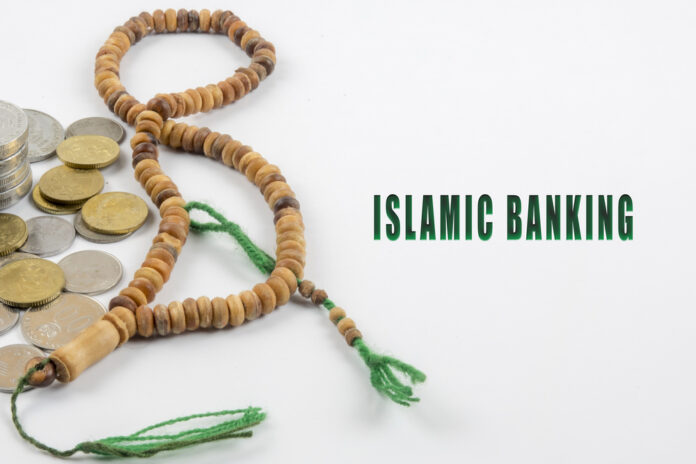The Bangko Sentral ng Pilipinas (BSP) has moved to ease regulatory requirements for Islamic banking units (IBUs), in a bid to stimulate the development of Islamic finance in the country and broaden financial inclusion.
In a statement, BSP Governor Eli M. Remolona, Jr. said the regulatory adjustments are designed to attract more players into the nascent Islamic finance sector, supporting broader economic goals of inclusive growth and financial sector diversification.
“We want to encourage more players to enter and help develop the Philippine Islamic finance market,” Remolona said. “This supports our goals of inclusive growth and a more diverse financial sector.”
Under the revised framework, IBUs—defined as divisions, departments, or branches of conventional banks operating in accordance with Shari’ah principles—will no longer be subject to separate capital requirements. Instead, they will adhere to the capital rules applicable to their parent bank’s classification. Likewise, the processing fee for an IBU license will mirror the fees associated with the bank’s category.
The BSP has also institutionalized a three-year observation period from the commencement of Islamic banking operations, during which IBUs will be allowed to gradually transition into the full submission of prudential reports. This aims to provide operators ample time to adjust to the specific reporting standards of Islamic finance.
Furthermore, IBUs will no longer be required to file a separate liquidity report, as this may now be consolidated with the bank’s overall liquidity reporting obligations.
These reforms are part of the BSP’s ongoing implementation of Republic Act No. 11439, or the Islamic Banking Law, which aims to establish a strong legal and regulatory framework for Islamic finance in the Philippines. The central bank hopes that a more accommodating regulatory environment will not only enable Muslim Filipinos to access financial services aligned with their faith but also present alternative financing options for the broader public.
Economically, the move is expected to encourage greater participation from both local and foreign banks, spur investments in underserved markets, and tap into the growing global Islamic finance industry—projected to surpass $3 trillion globally. It also positions the Philippines to become a competitive player in the Southeast Asian Islamic finance landscape, potentially opening new avenues for capital flows and cross-border partnerships.
As the BSP continues to refine the country’s financial architecture, the expansion of Islamic banking underscores a broader strategy to ensure that the financial system serves diverse communities and supports sustainable economic development.







